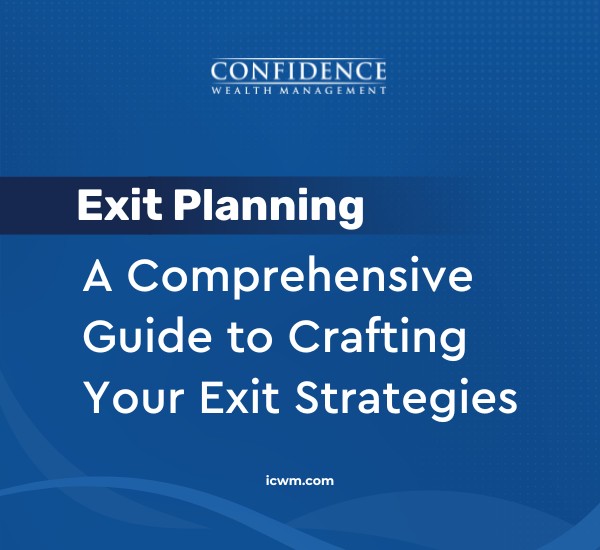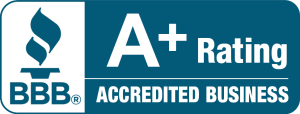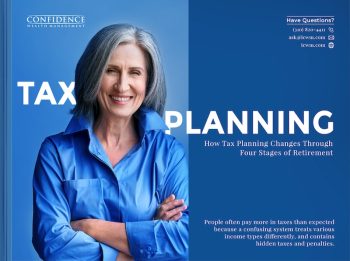When you sell your business to a family member, you risk attracting the scrutiny of the IRS for the benefit of a simple deal. If you sell to a non-family member, however, you face the opposite issue.
The IRS is less likely to be worried about the sale, but you must now pay attention to the price and structure of the deal. Here are some of the different deal structures to consider when selling your business to a non-family member.
Selling Shares or Assets
This option is an outright sale of the business to others by selling shares in the business or its assets.
Each option has tax consequences for both parties, and there are reasons why you may favor one transaction over the other at any given point in time.
When the business is sold in a stock deal, the buyer assumes ownership of the assets and liabilities of the corporation.
Keep in Mind: Unknown or contingent liabilities could cause concern for the buyer and affect the sales price.
In an asset sale, the buyer acquires tangible property or equipment but the liabilities remain with the seller. With a sole proprietorship, the only possible arrangement is to sell assets, because the business itself is not a separate entity.
Using a Buy-Sell Agreement
A buy-sell agreement is a legal contract you can enter into today to arrange for the future sale of your business. You can set the terms for the sale of your business at a time when there may be no pressure to sell.
Because it is a legal contract, the courts can be called upon to enforce the contract if either party fails to perform
as agreed.
Once you enter into a buy-sell agreement, you can’t sell or give your business to anyone other than the buyer named in the agreement, so you need to coordinate the agreement with any estate planning you may be conducting.
Sell to Another Corporation
In this case, you find a corporation that’s interested in buying your business.
The acquiring company may offer you cash for your business or may propose a stock swap whereby you exchange stock in your own company for that of the acquiring company.
When you receive cash, you will have to recognize a gain or loss on the sale transaction.
If the transaction is a stock swap, you may be able to avoid recognition of gain on the sale by holding the stock of the acquiring corporation until your passing.
Structuring Tax-Free Sales
When the buyer of your business is another corporation (usually a large publicly held corporation), you can build a stock swap that results in a tax-free sale.
This can be especially favorable to you if your business has appreciated since you initially invested because you can avoid capital gains tax.
One risk is that federal securities regulations may require you to hold the stock of the acquiring company for a specified length of time before you can resell it, and the value of the stock may decrease before you are allowed to sell.
However, you might defer your capital gain indefinitely by holding the stock of the company until your passing. To do this, your estate must include the value of the stock, subjecting it to estate tax.
Structuring Taxable Sales
You can structure a taxable sale by selling assets to the purchasing corporation. Specific assets for sale must be identified, and any gain or loss must be determined for each.
Assets are classified into one of three categories: capital assets, Section 123 assets, and all other assets. The asset classification determines whether the gain or loss is treated as either capital or ordinary.
Certain tax rules apply if the business is liquidated after the sale of assets, and S corporations may be subject to the built-in gains tax under Internal Revenue Code Section 1374.
Using Charitable Remainder Trusts
A charitable remainder trust is a special planning technique that can allow you to establish an irrevocable trust and use your business to provide an income stream to benefit you and/or your spouse (or another person), with a remainder interest to a qualified charity as beneficiary.
The major tradeoff is that the charitable remainder trust must be irrevocable, meaning you can’t change your mind once it is set up.
There are different types of charitable remainder trusts, and the IRS publishes a list of qualified charities.
Conclusion
There are plenty of options for selling your business to a non-family member. The difficulty is designing the best one.
As experienced financial professionals, we help clients like you figure out the best retirement plan for their situation, so that when they’re ready they can retire gracefully with peace of mind.
Please connect with us and let us help you plan for your dream retirement. We would be delighted to go on the journey with you.










